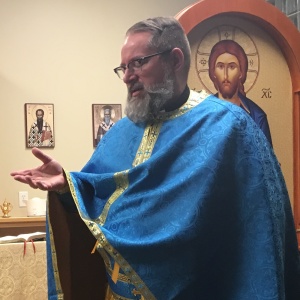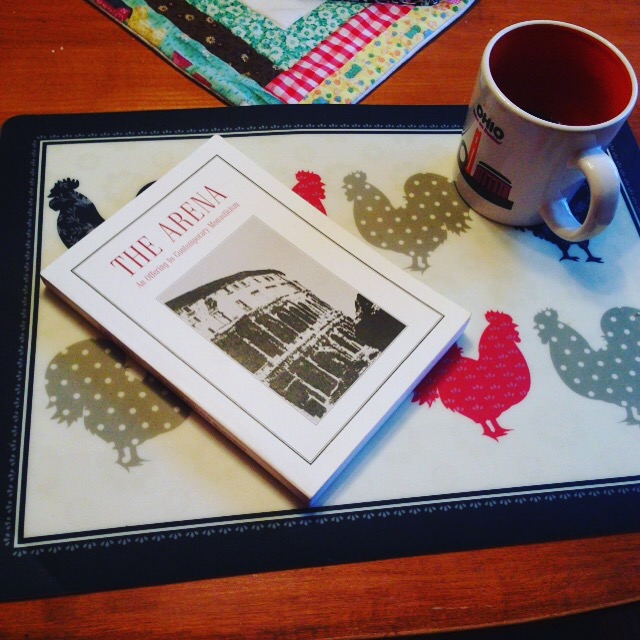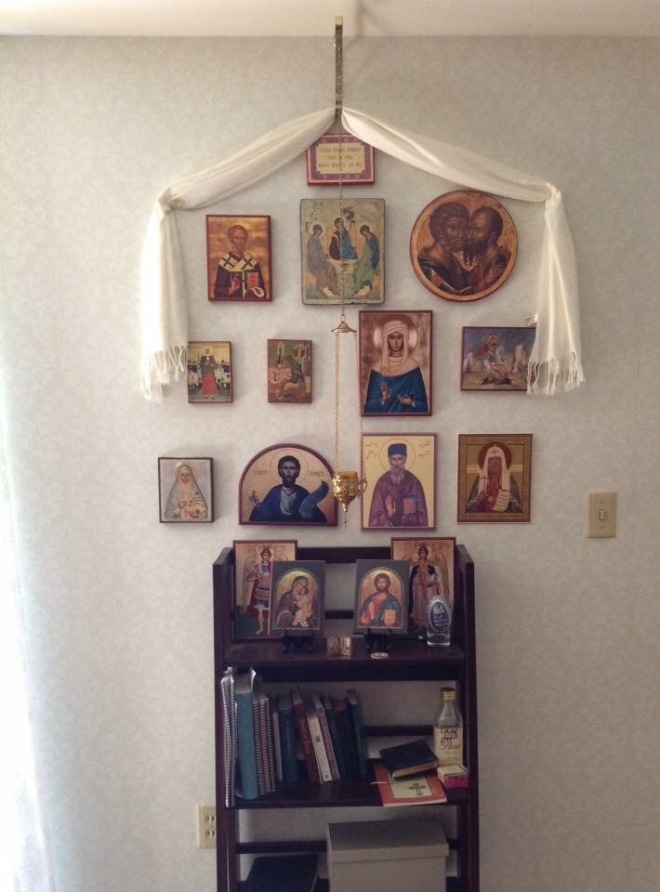On Christ’s Resurrection
When we celebrate the feast of Pascha, do we simply approach it as recollecting an event that happened 2000 years ago? Is it simply the Church’s version of celebrating an event like we would a family birthday or anniversary? What is significant in celebrating the death and resurrection of Christ each year?
A place to start is to look at the New Testament readings that we have during the Paschal season. Throughout the year, the first reading we have in Divine Liturgy is a selection from one of the writings of the Apostles. They are typically letters written by the Apostles, coming almost exclusively from the letters of St. Paul. Starting at the Paschal Divine Liturgy, we “reboot” these readings and start with readings from the Acts of the Apostles. We continue these readings in Acts until the feast of Pentecost 50 days later.
Acts is unique among the apostolic writings in that it is no a letter, but rather the first book of Church history. It begins with the Apostles a few weeks after Christ’s resurrection with the events of Christ’s ascension, describes the descent of the Holy Spirit on Pentecost, and continues with the spread of the Church throughout the known world. It begins with the Church as an obscure backwater movement with Judaism and ends with St. Paul’s arrival in Rome, the very capital at that time of the known world.
What is telling in this book is the sense of urgency the Apostles have in sharing news of Christ’s resurrection from the dead to those around them. Time and again, the Apostles preach about Christ’s resurrection to whatever crowds they find themselves in without concern for their own personal safety. Sometimes those who hear the preaching respond negatively and harm the Apostles. (The story of St. Stephen the Protomartyr is one good example from Acts.) When the response from the crowd is positive, there is urgency in those who hear the news and concern for what they should do next.
Why is there such a sense of urgency? If the Apostles were simply marking some sentimentality or joy of their lost friend and teacher no longer being dead, why is there be this level of urgency involved? If Christ being risen from the dead is only about what happened to Christ, what urgency would there be for the rest of us?
The answer is that we are each connected to His resurrection personally. There is a radicalness to the message because it is saying something applies to all people, regardless of their background. When the crowd positively responds to the Apostles’ preaching, they ask “what do we do next?”, and the Apostles tell them every time “be baptized.”
At the Paschal Divine Liturgy, we sing “as many as have been baptized into Christ have put on Christ.” What the Church says here is that through baptism, we put on Christ’s death and resurrection as our own. We are not simply marking the event of Christ being risen from the dead. Christ’s death and resurrection are his triumph over death through resurrection. Through baptism, I acquire this triumph for myself: although I may live in a fallen world and am susceptible to sin, suffering, and death, I can ultimately overcome these forces through Christ.
The urgency in the Apostles’ message is “what Jesus has done through His death and resurrection is available to you.” The urgency in those hearing this message is “how can I acquire what Jesus has done for myself?” The response is “be baptized.” It is with these words that we see that Pascha is no mere recollection of a past event, but rather the celebration of a promise that we all can participate in. Christ is risen!


